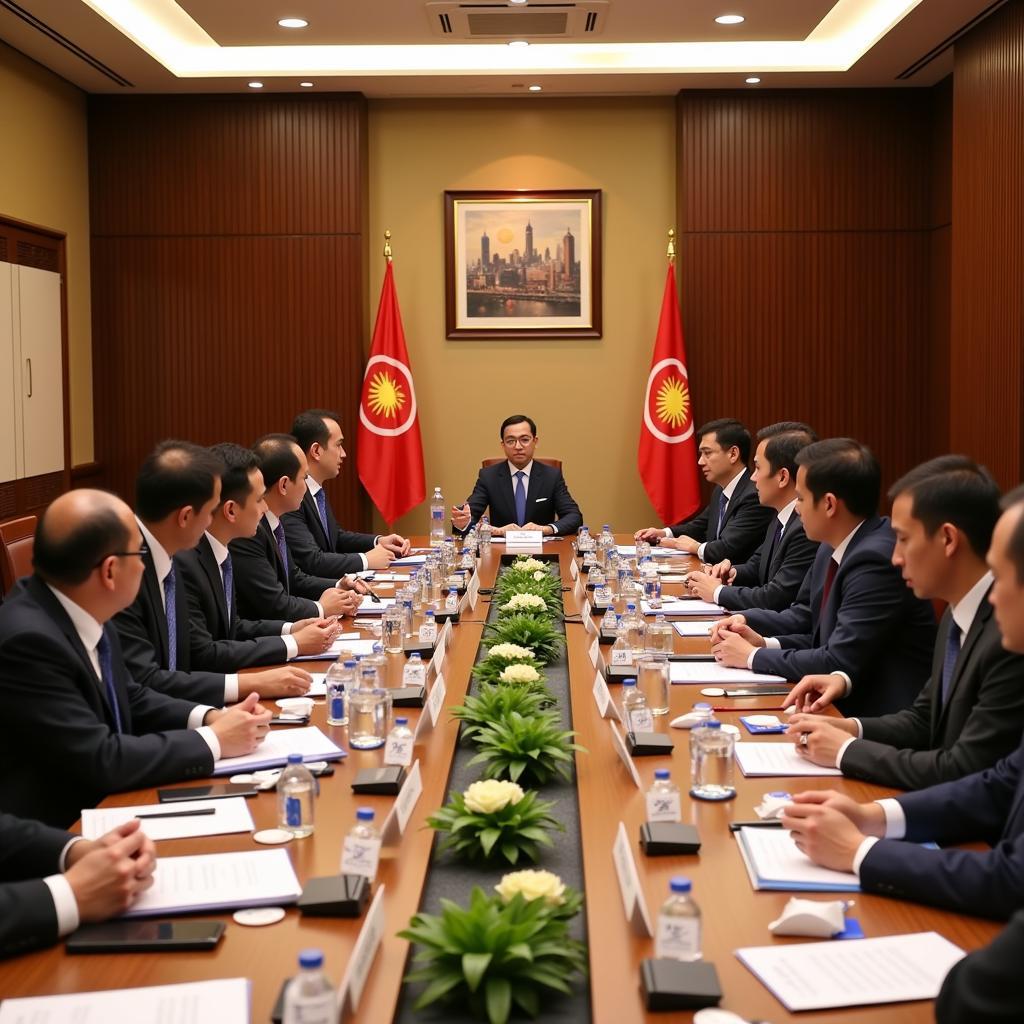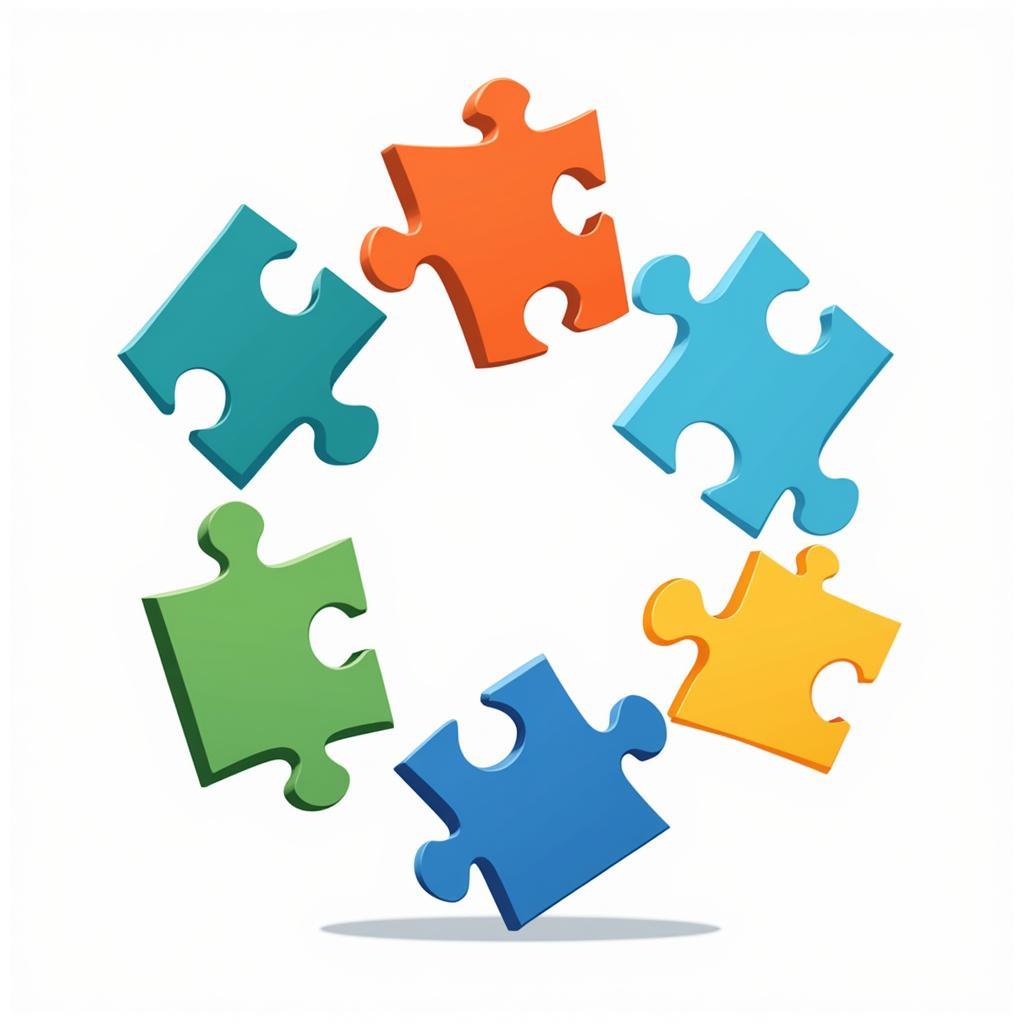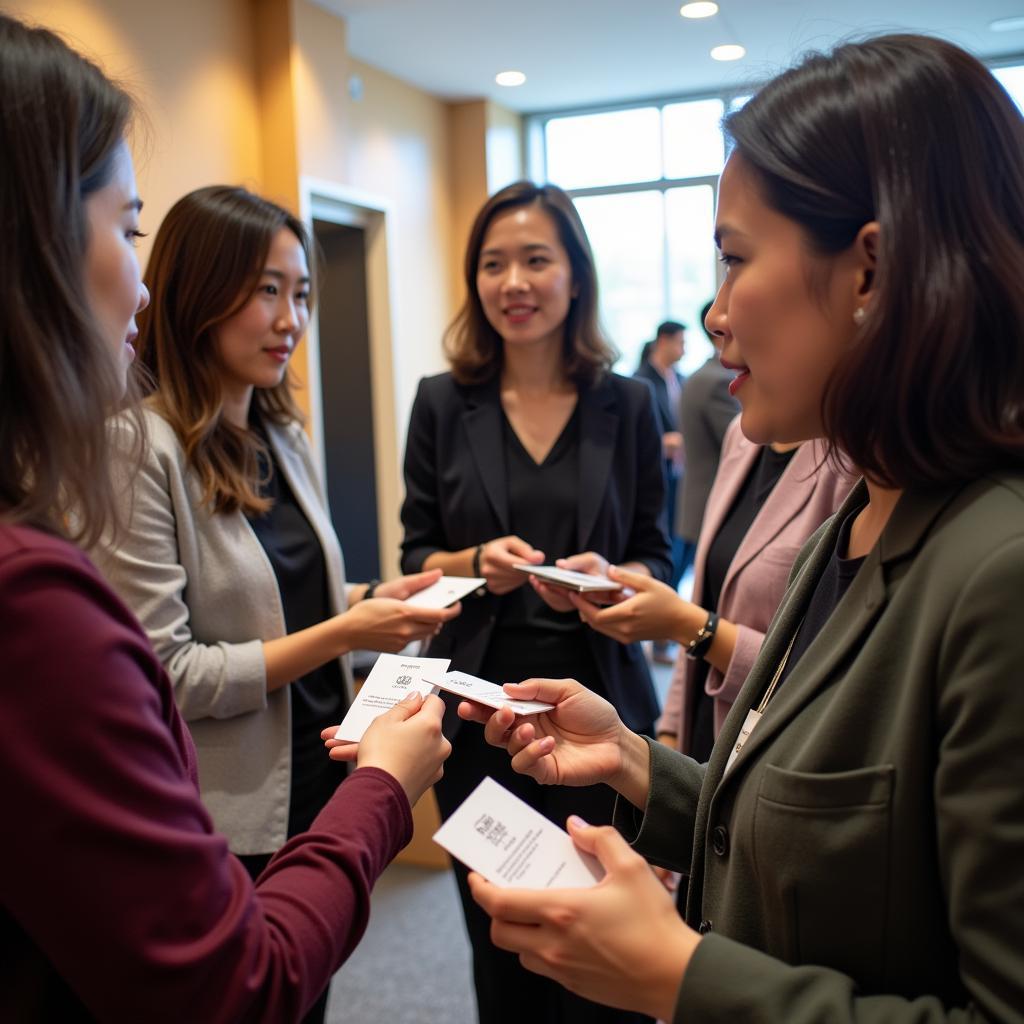The year 2018 witnessed a blend of significant progress and persistent challenges for the Association of Southeast Asian Nations (ASEAN). The ASEAN Board, comprising representatives from each member state, played a crucial role in navigating this complex landscape. This article delves into a comprehensive review of ASEAN’s performance in 2018, analyzing its key achievements, enduring obstacles, and the implications for the region’s future.
 ASEAN Board Meeting in 2018
ASEAN Board Meeting in 2018
Economic Integration and Trade: Steady Strides Forward
ASEAN continued its journey towards deeper economic integration, making notable strides in implementing the ASEAN Economic Community (AEC) Blueprint 2025. The region experienced robust economic growth, averaging around 5.2%, fueled by strong domestic demand, a growing middle class, and increasing foreign direct investment.
The ASEAN Trade in Goods Agreement (ATIGA) further facilitated intra-ASEAN trade, contributing to a more integrated and interconnected regional market. However, non-tariff barriers and trade facilitation challenges remained areas for improvement.
Political and Security Cooperation: Navigating Complexities
The regional security landscape in 2018 presented a mix of traditional and non-traditional challenges. The South China Sea dispute continued to be a point of contention, requiring ASEAN to navigate complex geopolitical dynamics.
On a positive note, ASEAN made progress in its counter-terrorism efforts, strengthening cooperation mechanisms and sharing intelligence to combat the evolving threat of transnational terrorism. The ASEAN Regional Forum (ARF) remained an important platform for dialogue and confidence-building on regional security issues.
 ASEAN's Collective Response to Natural Disasters in 2018
ASEAN's Collective Response to Natural Disasters in 2018
Socio-Cultural Cooperation and Community Building: Fostering People-to-People Ties
ASEAN continued its efforts to foster a sense of community and shared identity among its diverse population. Initiatives aimed at promoting cultural exchange, educational cooperation, and youth engagement played a vital role in strengthening people-to-people ties.
The rise of digital technology presented both opportunities and challenges for ASEAN’s socio-cultural landscape. While social media facilitated greater connectivity and cultural exchange, it also raised concerns about the spread of misinformation and hate speech.
ASEAN’s Role on the Global Stage: A More Assertive Voice
2018 saw ASEAN adopting a more proactive and assertive role in global affairs. The bloc actively engaged in multilateral fora, advocating for a rules-based international order and promoting dialogue and cooperation on pressing global issues such as climate change, sustainable development, and trade liberalization.
Key Takeaways and Future Outlook: Towards a More Resilient and Integrated ASEAN
The ASEAN Board Review 2018 reflects a year of both progress and challenges for the regional bloc. While ASEAN made commendable strides in economic integration, political and security cooperation, and socio-cultural development, it also grappled with persistent obstacles.
Moving forward, ASEAN must prioritize inclusive and sustainable development, strengthen regional institutions, and enhance its capacity to address emerging challenges such as digital disruption, climate change, and geopolitical uncertainties.
 ASEAN: Shaping the Future of Southeast Asia
ASEAN: Shaping the Future of Southeast Asia
By fostering greater cooperation, dialogue, and innovation, ASEAN can solidify its position as a driving force for peace, prosperity, and progress in Southeast Asia and beyond.

